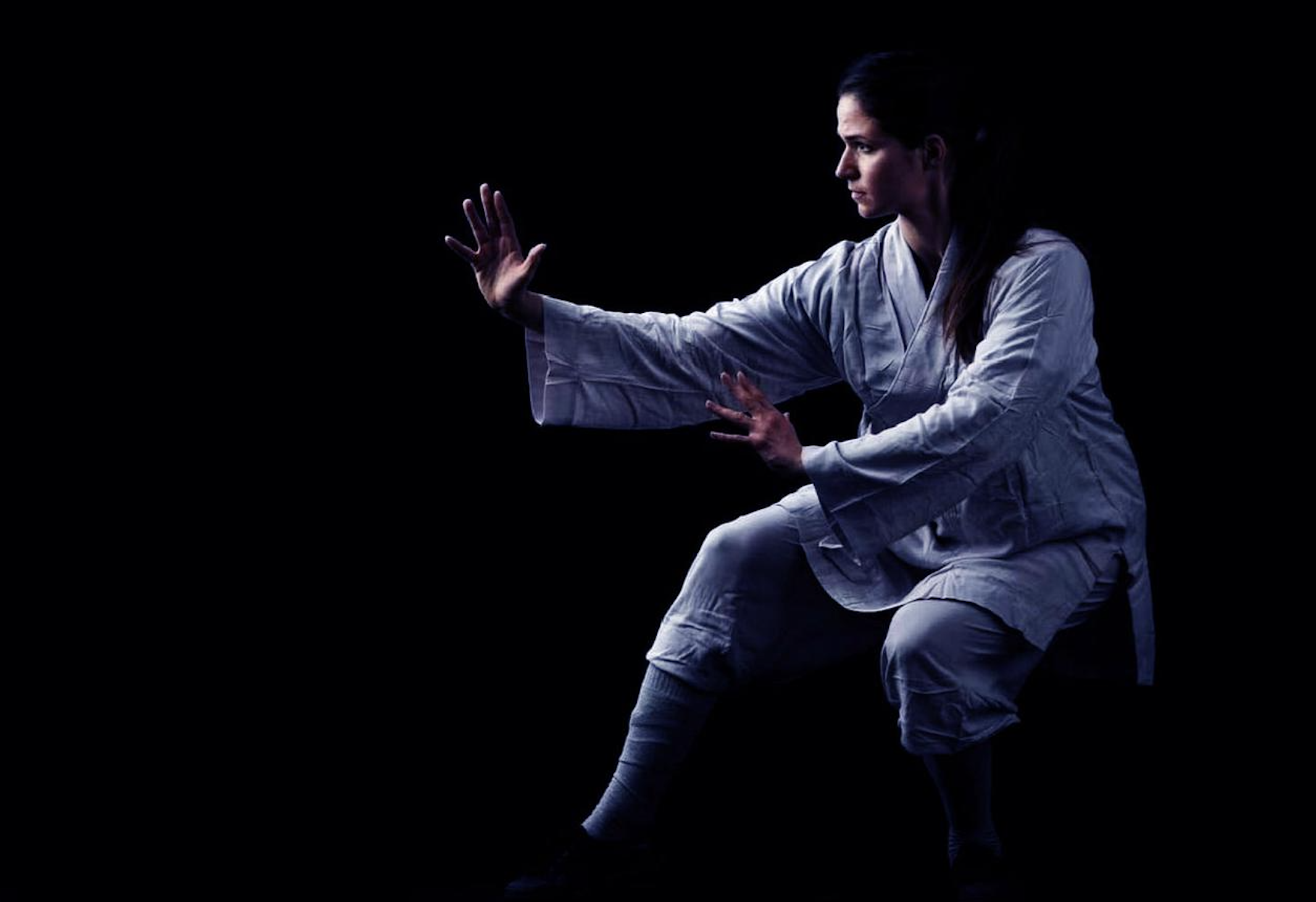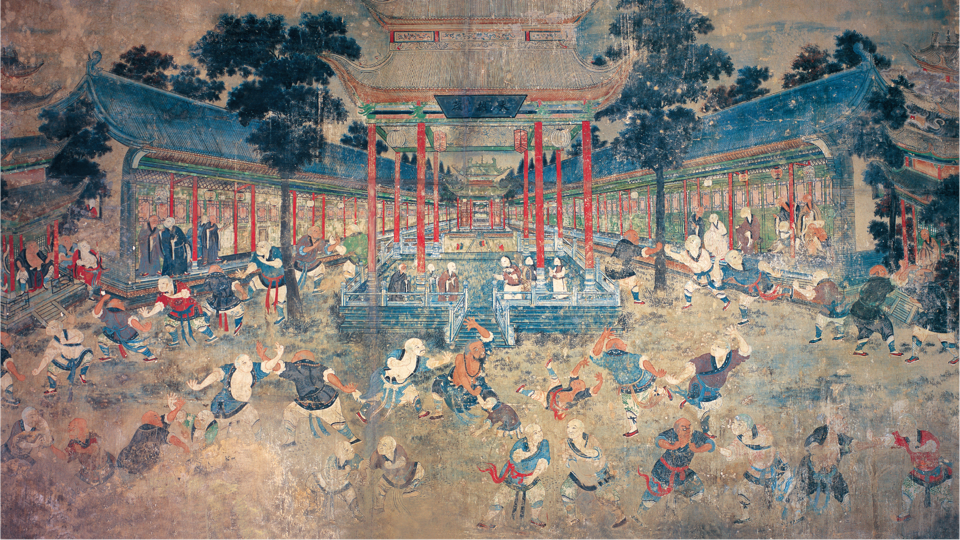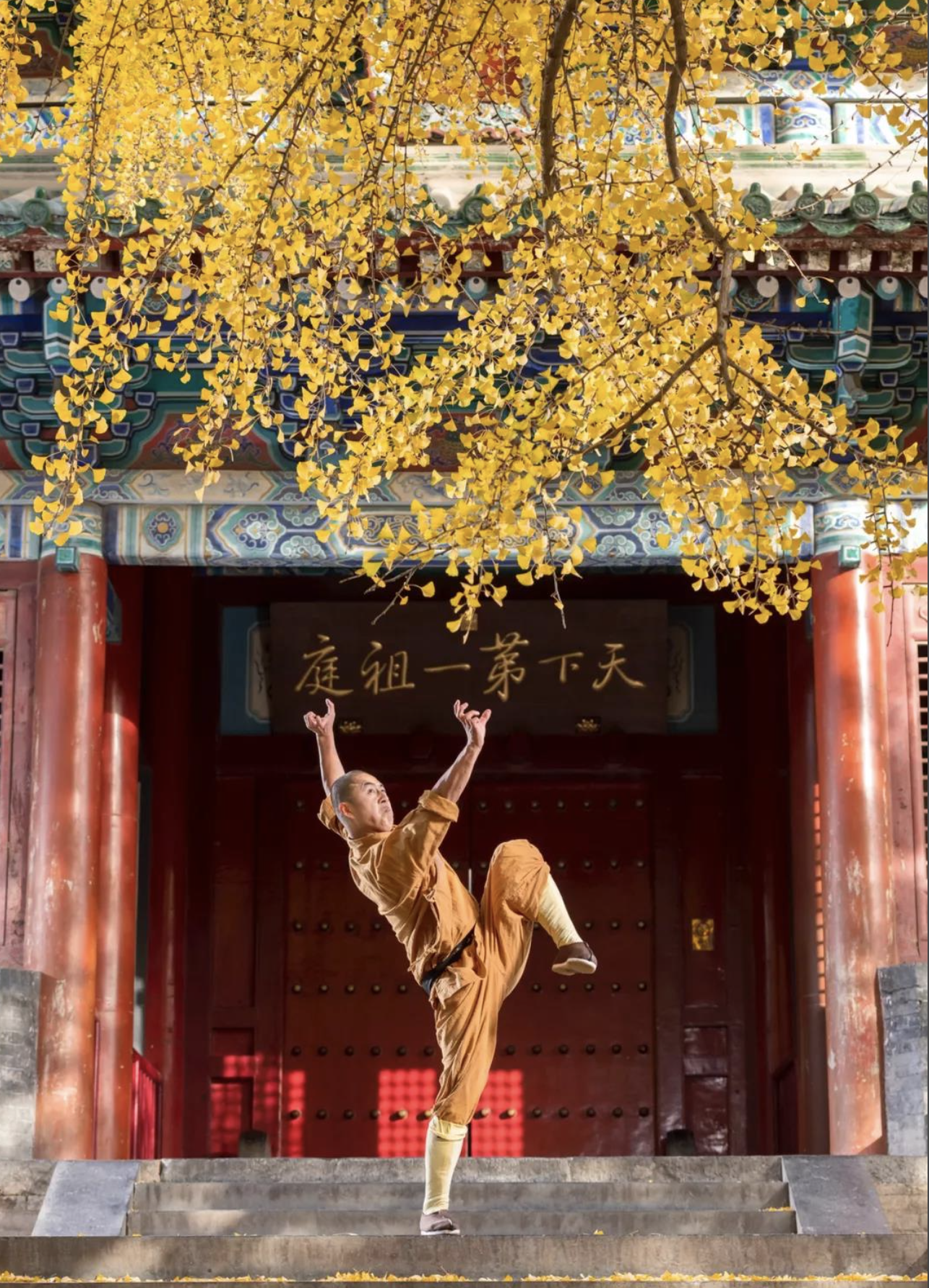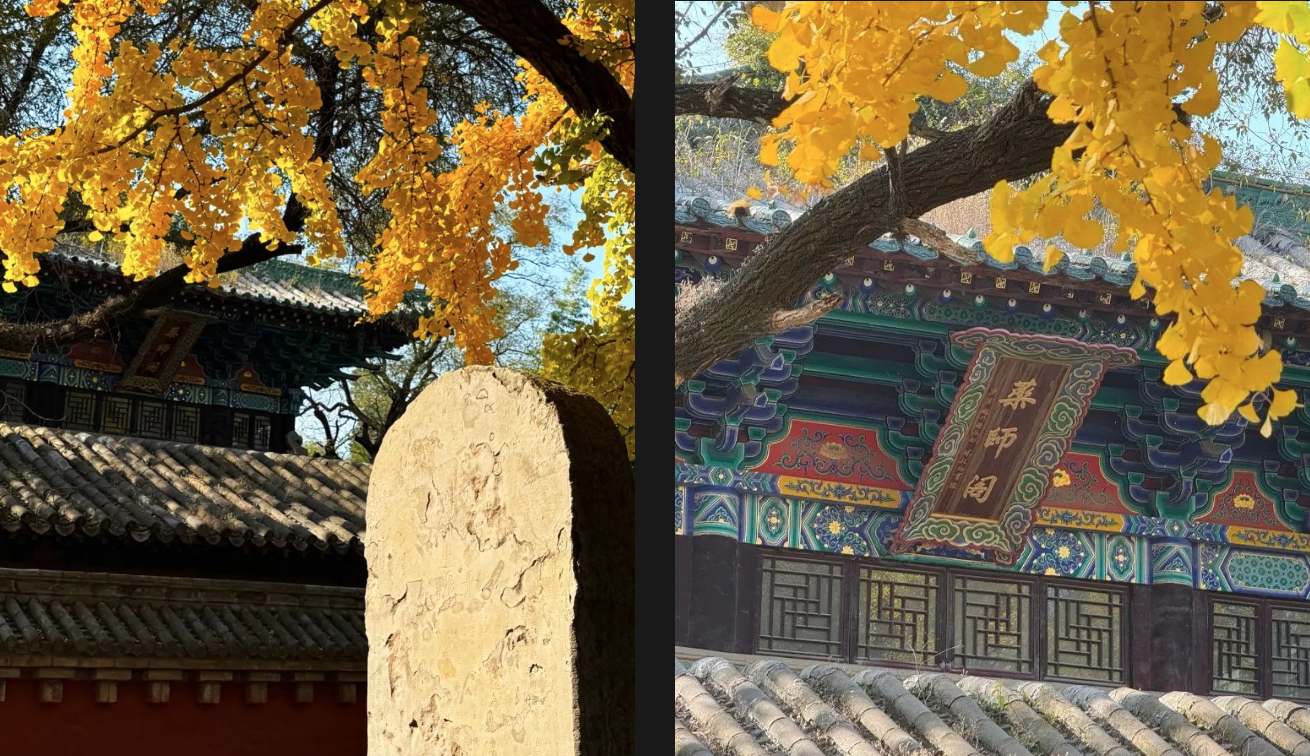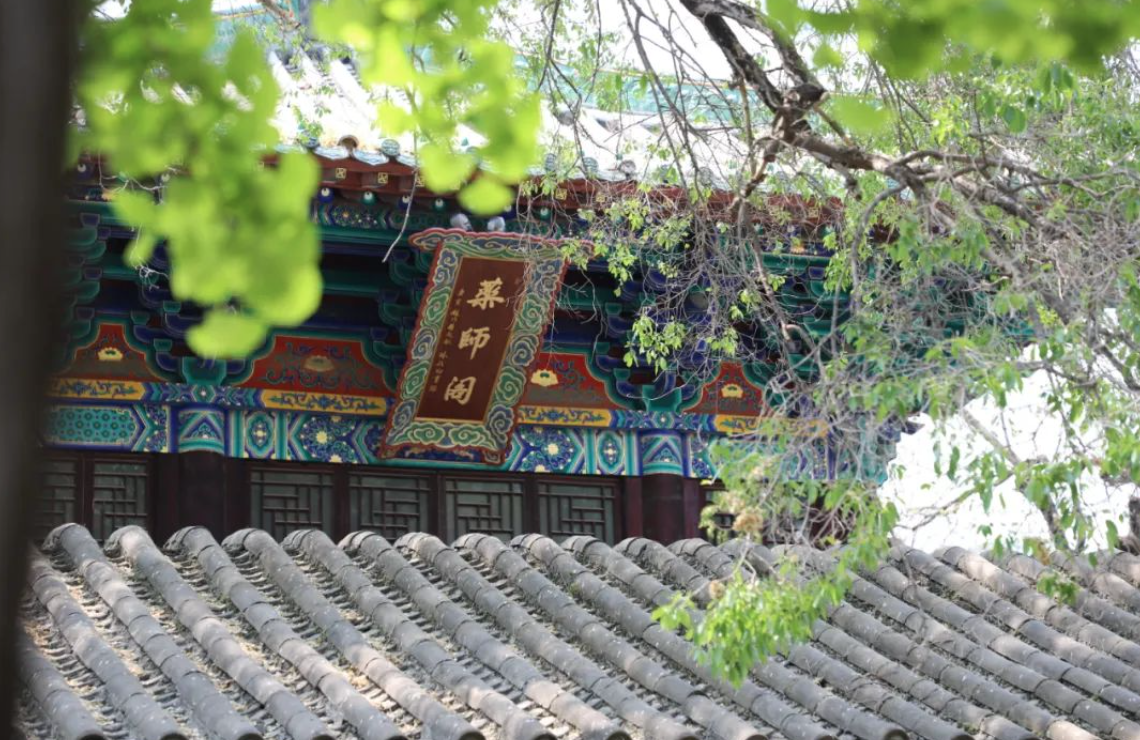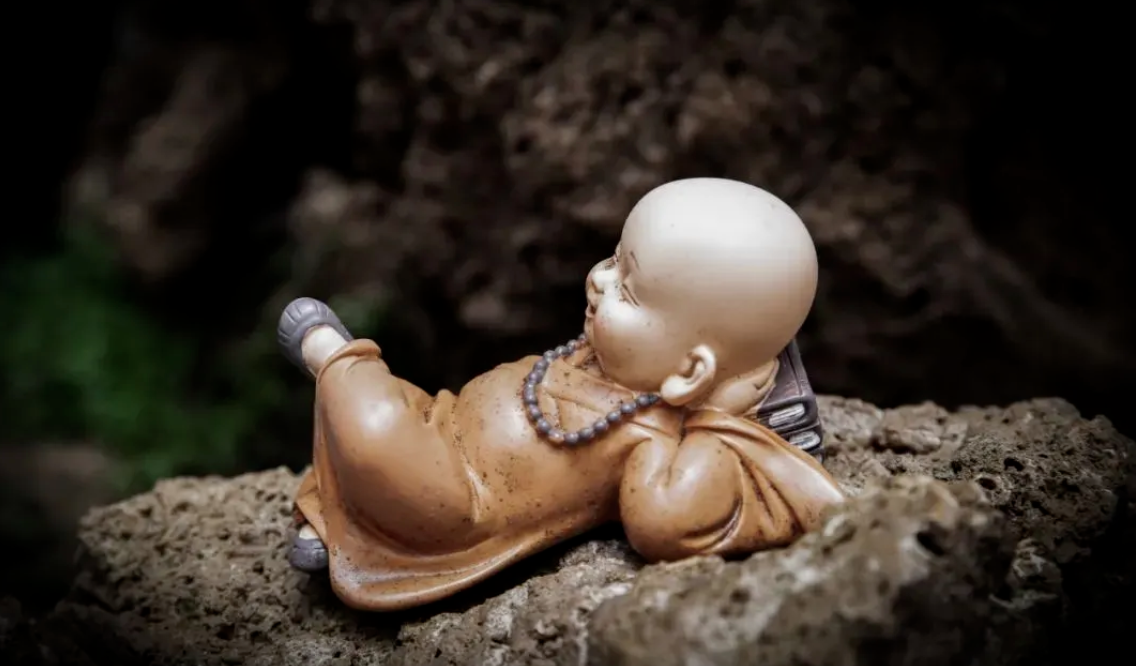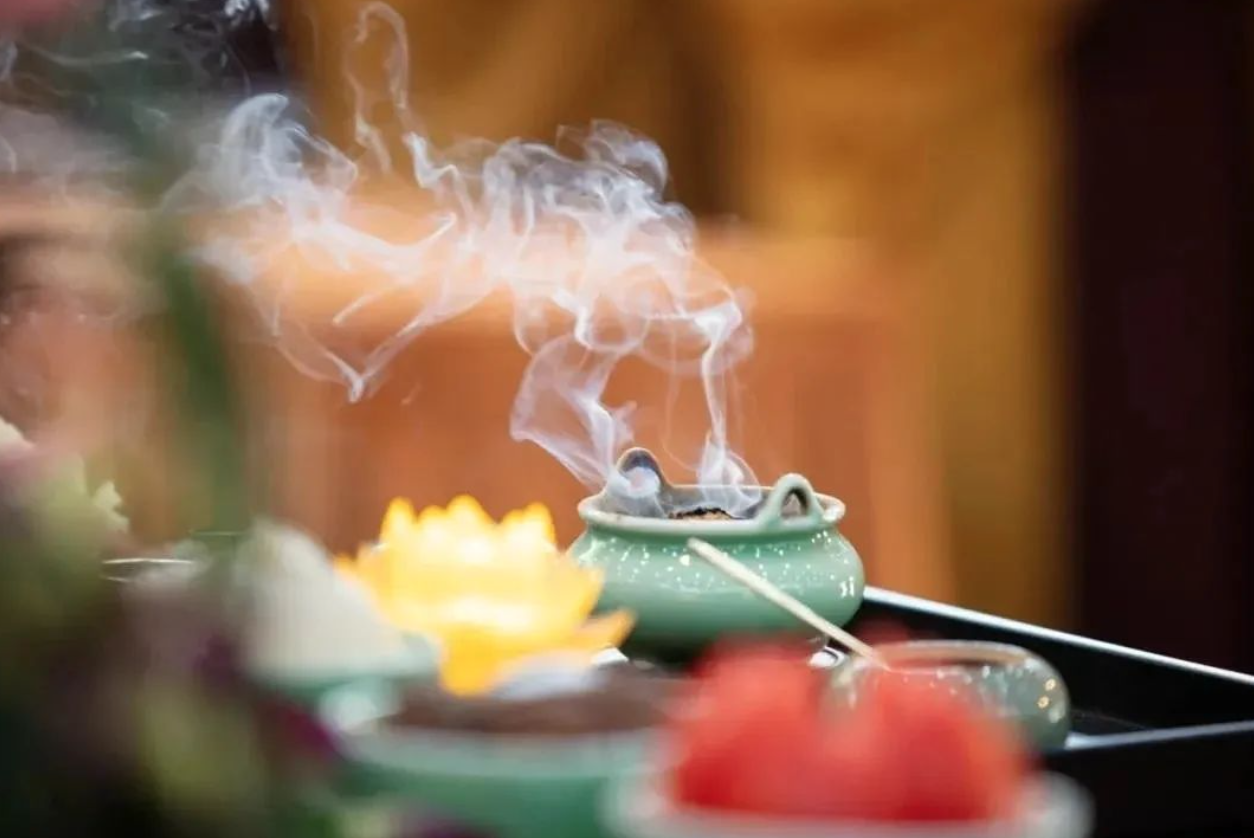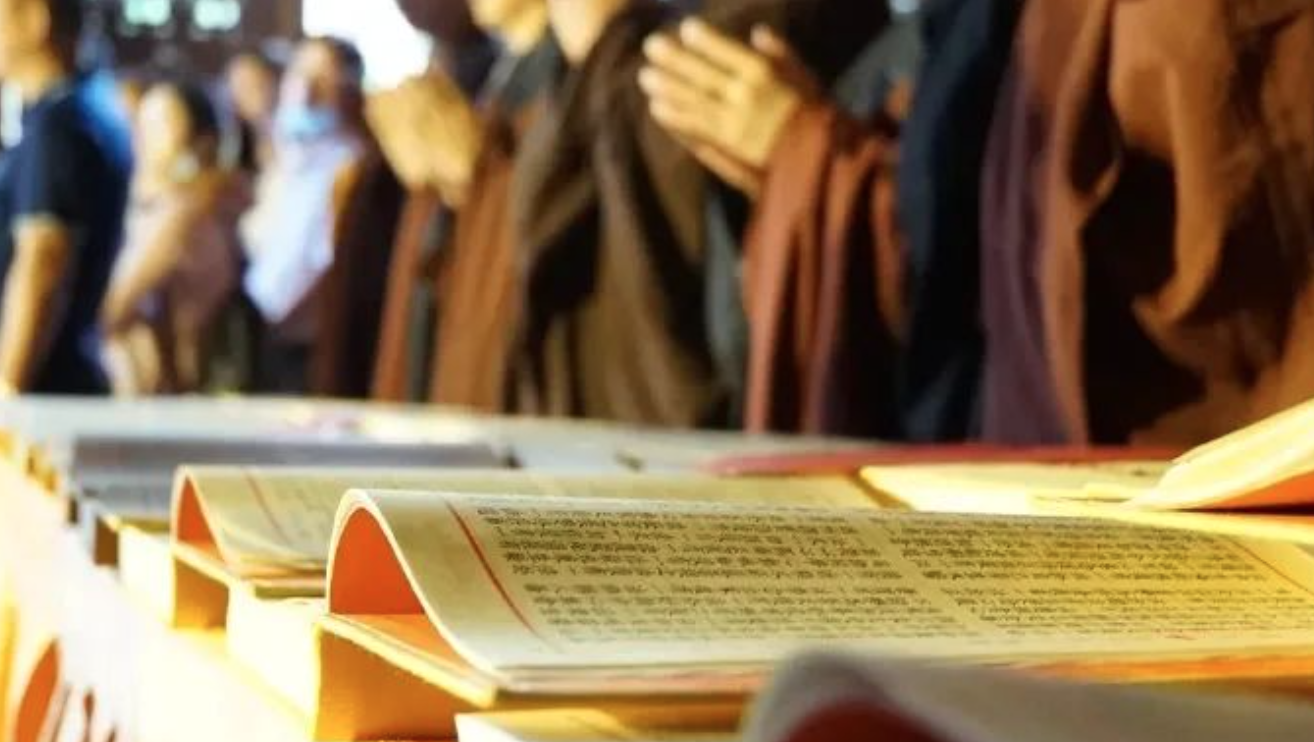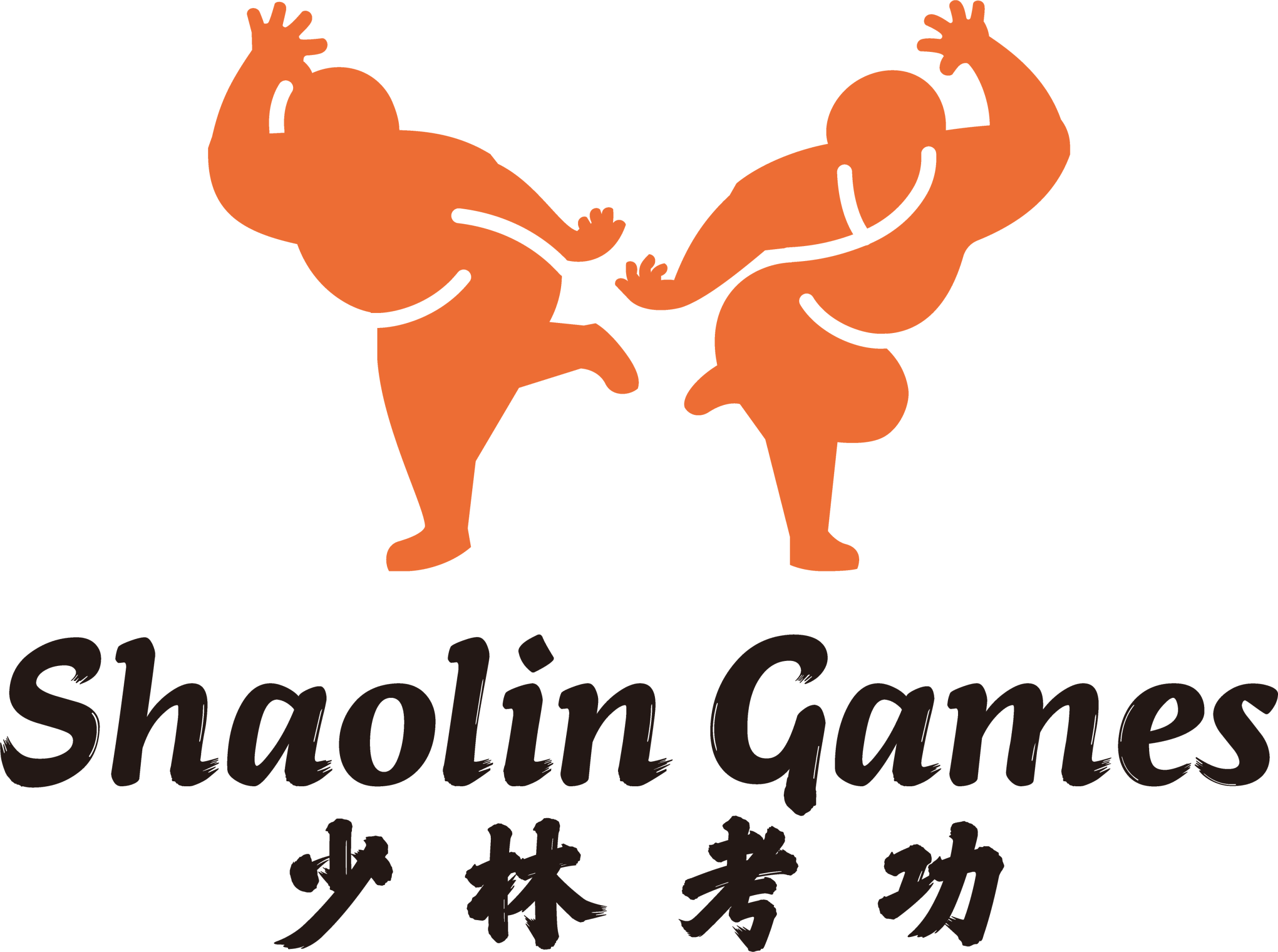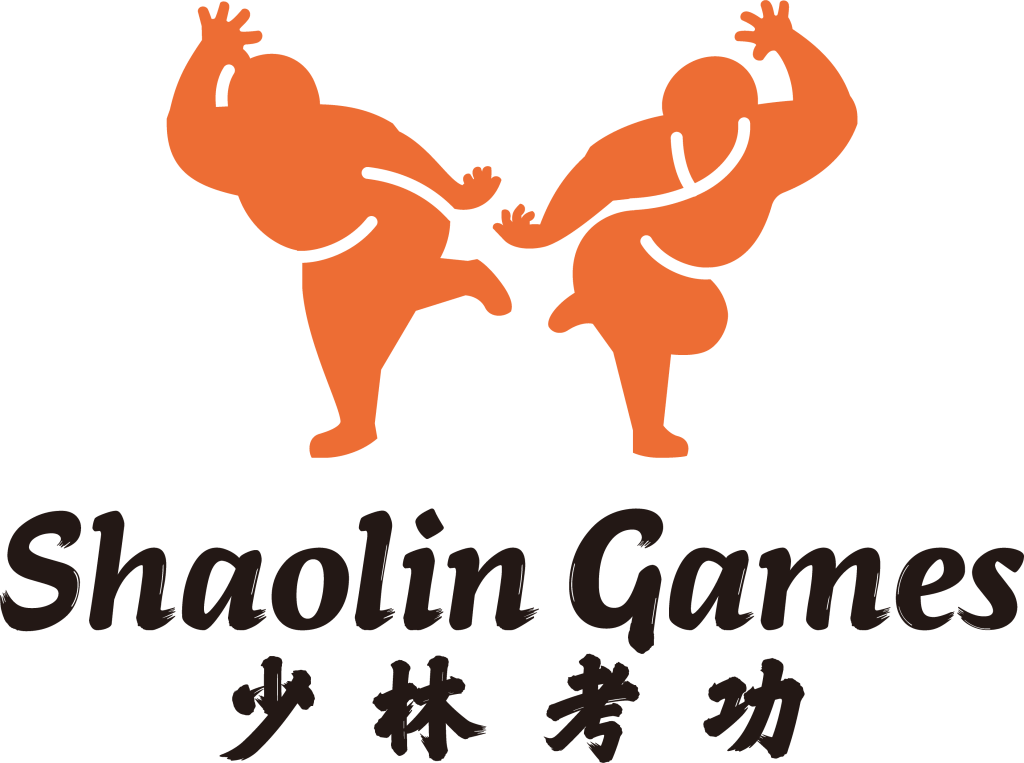-
The Evolving Role of Women in Shaolin Kung Fu
Historical Constraints: The Monastic Tradition 1. Ancient Prohibitions 2. Folk Traditions Modern Transformation: Breaking Barriers 1. Institutional Reforms 2. Global Pioneers Comparative Perspectives: Women in Martial Arts Tradition Female Role Key Figures Shaolin Post-2000s inclusion; performance focus Shi Yan Ran (elite team captain) Wudang Taoist…
-
The Global Dissemination and Influence of Shaolin Kung Fu
The Global Dissemination and Influence of Shaolin Kung Fu Tracing the evolution of Shaolin Temple from an isolated monastic retreat to an international cultural symbol—through initiatives like overseas branches and Kung Fu cinema. An analysis of how Shaolin Kung Fu adapts to diverse cultural contexts,…
-
Shaolin Kung Fu: Schools and Systems
Shaolin Kung Fu: Schools and Systems An analysis of the major branches of Shaolin martial arts—such as Luohan Quan (Arhat Fist), Yijin Jing (Muscle-Tendon Change Classic), and the 72 Unique Skills—along with their technical characteristics. A discussion on the classification of Shaolin Kung Fu (e.g.,…
-
Shaolin Cultural Symbols in Contemporary Art
Shaolin Cultural Symbols in Contemporary Art An analysis of how Shaolin elements—such as Kung Fu and Zen wisdom—are reinterpreted in modern art forms like film, dance, and painting. Drawing from the dialectical relationship between “tradition and innovation,” this discussion explores the artistic expression of Shaolin…
-
Shaolin Zen Music: The Zen Essence in Sound
Shaolin Zen Music: The Zen Essence in Sound Exploring the rhythms and melodies of Shaolin Buddhist music—such as chanting (梵呗), temple bells, and drums—reveals how sound art conveys the wisdom of Zen. Drawing from The Essence of Art‘s perspective that “art awakens inner experience,” this analysis…
-
The Architectural and Sculptural Art of Shaolin Temple
The Architectural and Sculptural Art of Shaolin Temple The study of Shaolin Temple’s ancient architectural complex (such as the Pagoda Forest and the Mahavira Hall) reveals how its spatial layout and religious symbolism embody the essence of “art serving faith.” Drawing from discussions on “sacred…
-
The Artistic Realm of Zen and Martial Unity
The Artistic Realm of Zen and Martial Unity In the hallowed halls of Shaolin Temple, where the echoes of chanting monks blend with the sharp breaths of warriors, there exists a sublime fusion—Chan Wu Yi Ti, the oneness of Zen and martial arts. This is…
-
The Aesthetics and Philosophy of Shaolin Martial Arts
The Aesthetics and Philosophy of Shaolin Martial Arts The martial arts of Shaolin are not merely techniques of combat; they are a living expression of Zen philosophy. Each movement, each stance, carries within it the wisdom of centuries, where form and spirit unite in perfect…
-
Zen is Letting Go
Zen is Letting Go In the ancient forests of Songshan Mountain, where the Shaolin Temple stands as a beacon of wisdom, the essence of Zen is often distilled into simple truths. Among them, none is more profound than this: Zen is letting go. To grasp this…
-
About Shaolin Games
Shaolin Games: A Global Celebration of Chan Wu Heritage 1. The Tradition of Shaolin Games (考功) The Shaolin Games (Kao Gong) is a centuries-old tradition that evaluates practitioners’ mastery of seven core disciplines: This system encourages diligence (virya) among Shaolin’s Fourfold Community (monastics, lay disciples,…
-
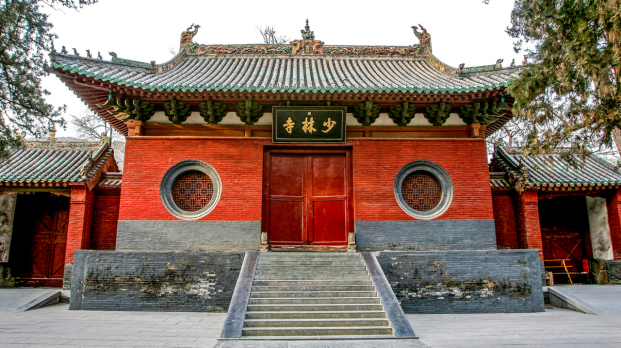
About Shaolin Temple
Intro: Explore China’s 1,500-year-old Shaolin Temple – the cradle of Zen Buddhism and legendary Kung Fu. Discover its history, culture, and practical travel tips. Location: Where Serenity Meets Mountains 📍 In: Dengfeng City, Central China’s Henan Province ✨ Why unique: Tucked between sacred Mount Taishi and Shaoshi, it’s…
Copyright © 2025 | All Rights Reserved
